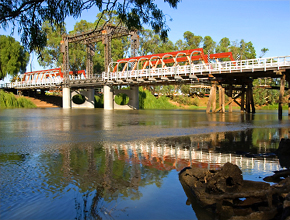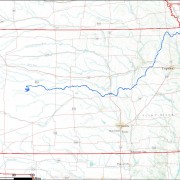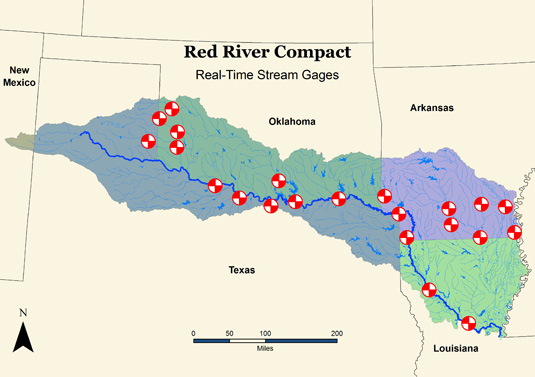Australia’s Water Market Sets Trading Record in 2008, Despite Restrictions
The water trade in Australia is growing quickly, but some fear that state restrictions will hamper river restorations.

In 2008, a record 1.8 billion cubic meters (475 billion gallons) of water entitlements were traded on Australia’s water markets, which is double the volume of the previous year, the Sydney Morning Herald reports. Moreover, trade in water allocations also increased significantly — by 35 percent from 2007 to 2008 — according to the annual report of Australia’s National Water Commission (NWC), which was released this week.
The drought-stricken Murray-Darling River Basin was the center of trading activity, accounting for 60 percent of the entitlement trade and 81 percent of the allocations.
Yet, despite the record-breaking volumes, the water market could better allocate resources if states removed transfer restrictions, according to the NWC report.
To restore flows in the Murray River, the government has employed a buy-back system in which it is buying rights from farmers and leaving the water in the river. Australia’s Productivity Commission supported the NWC report’s conclusions, saying that the restrictions need to be lifted for the government’s entitlement buy-back plan to work effectively, according to the Sydney Morning Herald.
In the last year, no water entitlements were traded out of the state of Victoria, located in the southeast corner of the country, because the state caps the annual transfer of entitlements out of irrigation at 4 percent. The cap is used to protect rural communities from being destroyed by the transfer of large volumes of water during a drought, said Tim Holding, Victoria’s Water Minister, to ABC News.
But South Australia’s premier is using the NWC’s report to bolster his state’s legal case against Victoria, arguing for the High Court to overturn the restrictions, ABC News reports.
“[The Victorians] have placed a handbrake on the whole reform of the River Murray,” said Premier Mike Rann to ABC News. “There is only one basin, the River Murray does not respect state borders. Victoria’s actions are not the national solution Australians want and expect.”
History of Trading
A decade of drought and the over-allocation of water rights has spurred development of Australia’s water market.
Post-World War II, governments encouraged settlement by giving away entitlements. The post-war period was unusually wet, leading to more rights than water by the 1980s, according to a study on Australia’s water markets by R. Quentin Grafton from the Australian National University. In 1994, water rights were separated from land rights in an agreement by the Council of Australian Governments — this action made transactions easier.
Many transfers now involve cities buying rural rights to provide for growing urban populations. For instance, Victoria is spending more than $US 700 million to build pipelines from interior basins to cities along the coast.
Source: ABC News, Sydney Morning Herald
Brett writes about agriculture, energy, infrastructure, and the politics and economics of water in the United States. He also writes the Federal Water Tap, Circle of Blue’s weekly digest of U.S. government water news. He is the winner of two Society of Environmental Journalists reporting awards, one of the top honors in American environmental journalism: first place for explanatory reporting for a series on septic system pollution in the United States(2016) and third place for beat reporting in a small market (2014). He received the Sierra Club’s Distinguished Service Award in 2018. Brett lives in Seattle, where he hikes the mountains and bakes pies. Contact Brett Walton









Leave a Reply
Want to join the discussion?Feel free to contribute!